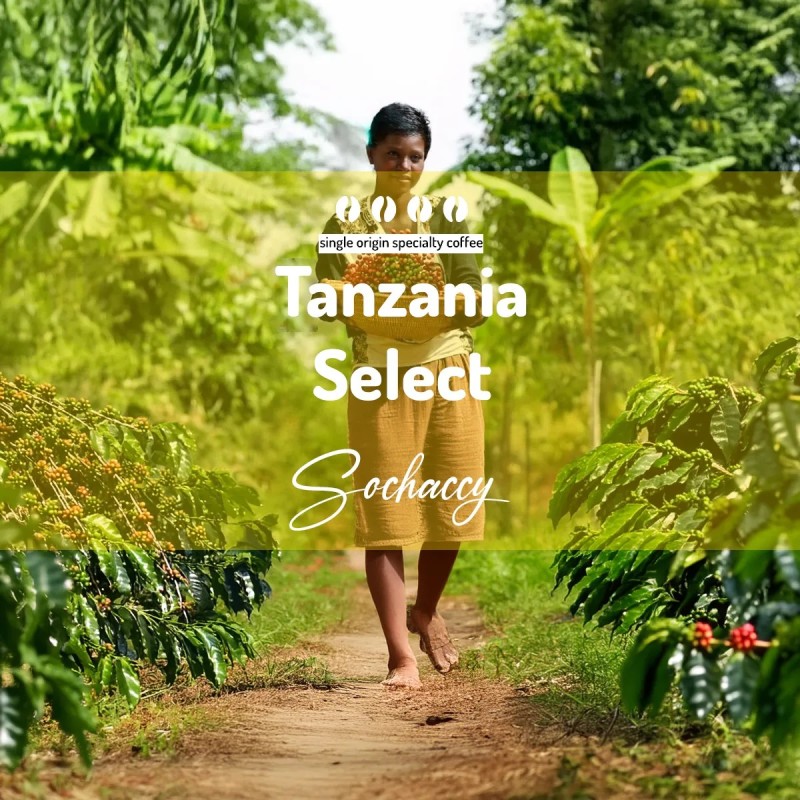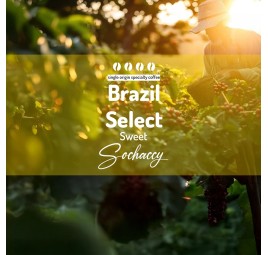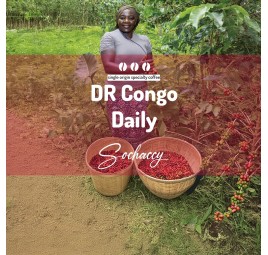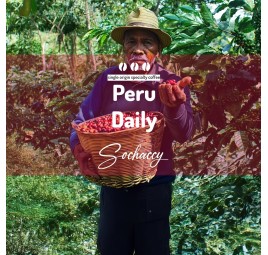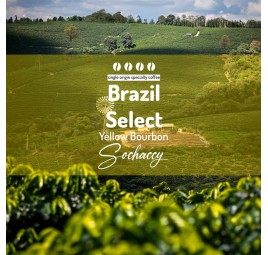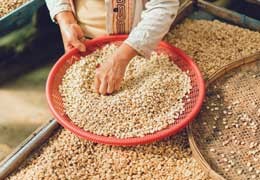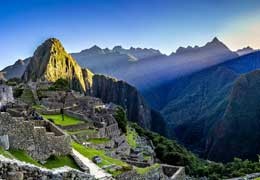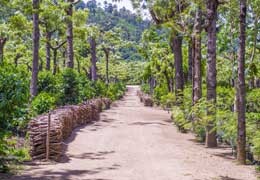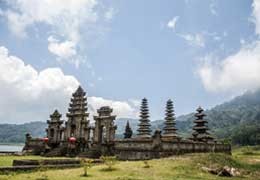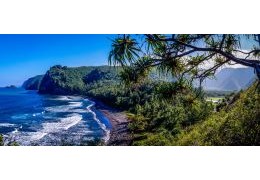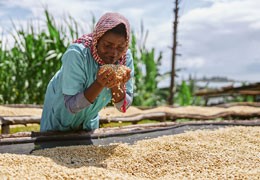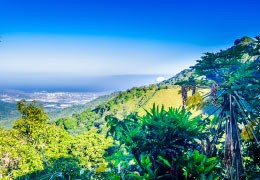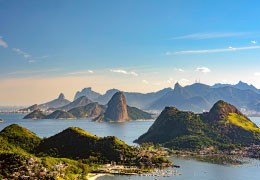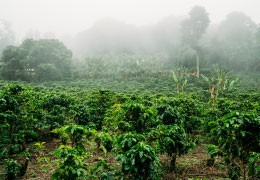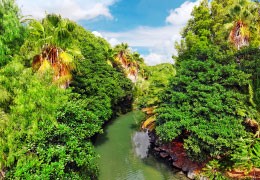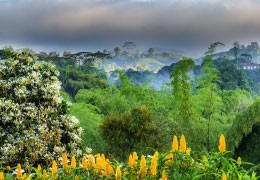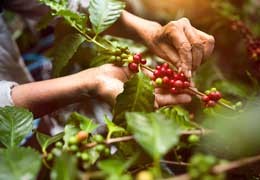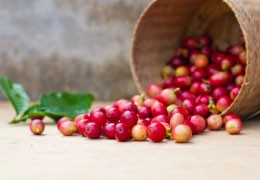

Coffee variety
Kent, N39,Compact

Coffee harvest year
2023-2024

Location of the plantation
1,361 M.N.P.M.

Freshly Roasted Coffee
Freshly Roasted

Coffee category
Cooperative

Grain coffee
ground on request
History of Coffee in Tanzania: Roots and Evolution of Tanzania Select Sochaccy.
Coffee in Tanzania has a rich and complex history, dating back to the 16th century, when the first seedlings were brought from what is now Ethiopia. It was initially used as a stimulant by the Haya tribe, who boiled Robusta beans and mixed them with herbs. In the 19th century, German colonists introduced arabica, which sparked the development of the country's coffee industry. In 1911, arabica coffee plantations were introduced on a massive scale in the Bukoba region, and coffee production became the main source of income for many families. After independence in 1961, Tanzania invested in the development of coffee cultivation, which today makes it one of Africa's leading producers.
Current Coffee Cultivation in Tanzania: Challenges and Prospects
Today, Tanzania is one of the most important coffee producers on the African continent, with crops located mainly in the highland regions. Coffee is the country's key export product, economically supporting some 450,000 small farmers who grow coffee on plantations of no more than 5 hectares. The main coffee varieties grown in Tanzania are Arabica, including Bourbon, Kent, Blue Mountain, Typica and Nyassa. The vast majority of production is Arabica, harvested from July to December and processed using the fully washed method, which guarantees purity and exceptional flavor quality. Climatic challenges, such as climate change, require innovative approaches to ensure the future growth of the industry.Key coffee growing regions in Tanzania are: Mara, Kilimanjaro, Ruvuma, Mbeya, Kigoma, Arusha, Manyara, Bukoba & Kagera
Arusha Region: Excellent Conditions for Coffee Growing
The Arusha region, which is distinguished by its microclimate is located at the foothills of the Kilimanjaro and Meru mountains, offers ideal conditions for growing coffee, thanks to altitudes ranging from 1,400 to 1,800 meters above sea level. Fertile volcanic soils and a stable climate favor the production of beans with a unique flavor profile. The region is dominated by small, family-owned plantations that grow arabica coffee. Thanks to a combination of traditional farming methods and modern processing techniques, Arusha's coffee is recognized on international markets. The region is also known for its intense cooperation among farmers who, through cooperatives, have access to the latest technology and markets.
Arumeru District: Farmers with a Passion for Coffee
The Arumeru District from which Tanzania Select coffee originates, located in the Arusha region, is a place where farmers take great care of their coffee plantations, located at altitudes of 1,300 to 1,600 meters above sea level. The average plantation area here is just 1.5 hectares, which allows for individual attention to each plant. Farmers grow mainly arabica coffee varieties, which have an intense, complex flavor profile.
Heart of Coffee Tanzania Select Sochaccy
The heart of the cultivation of Tanzania Select single-origin specialty coffee from Sochaccy Artisan Coffee Roasters is one of the small villages , located in Arumeru district. Thanks to favorable climatic conditions and an altitude of about 1,361 meters above sea level, the coffee grown in this area has a unique flavor profile. The main coffee varieties are Kent, N39 and Compact, which are carefully processed using the fully washed method to preserve the fullness of natural flavors and aromas. Tanzania Select coffee is distinguished by notes of rhubarb, cocoa, vanilla and subtle floral accents. The body of this coffee deserves the highest rating. High marks, the coffee also received for flavor intensity, for balance, confirming that this is a coffee with an excellent sensory profile that will satisfy even the most demanding coffee lovers.















